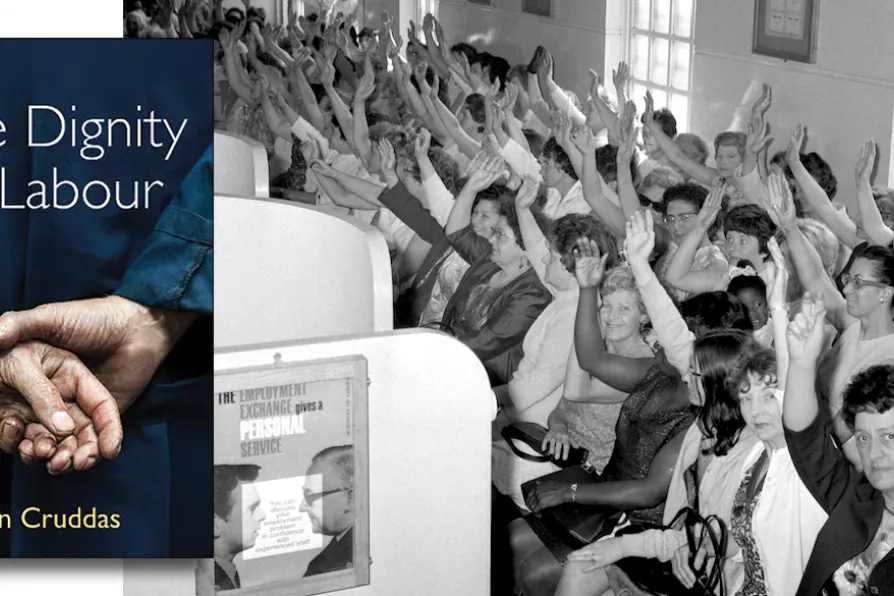The book feels like a writer working within his limits and not breaking any new ground, believes KEN COCKBURN

 WOMEN MAKE HISTORY: In1968 women sewing machinists at the Ford Plant in Dagenham vote to return to work after winning their six-week strike over equal pay
WOMEN MAKE HISTORY: In1968 women sewing machinists at the Ford Plant in Dagenham vote to return to work after winning their six-week strike over equal pay
THIS book from Dagenham and Rainham MP Jon Cruddas offers a fascinating analysis of where the Labour Party has been going wrong in distancing itself from working people and their lives by not seeing work as the engine for change but as something increasingly peripheral and irrelevant.
Written during the pandemic, Cruddas detects a reawakening in the recognition of the value of work — nurses, doctors, care workers, supermarket staff and bus drivers have suddenly been seen as those doing the vital front-line work of society.
Cruddas chronicles the approaches of different post-war governments, while always remaining rooted in his own experience of Dagenham and Barking. For the author, the rise and fall of Fords in Dagenham finds its mirror in the postwar Labour governments and their policies.

As extremist hate spreads and disillusion deepens, the labour movement must offer more than resistance — it must offer a future, writes MATT WRACK, general secretary of NASUWT – The Teachers’ Union

LAURA PIDCOCK and PAUL O’CONNELL introduces Rise, a political platform for working-class activism

HENRY BELL takes issue with the assertion that basic income is a remedy for poverty when it doesn’t address the inbuilt inequality of capitalism











